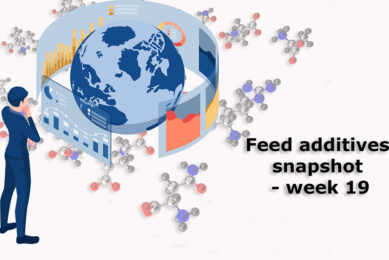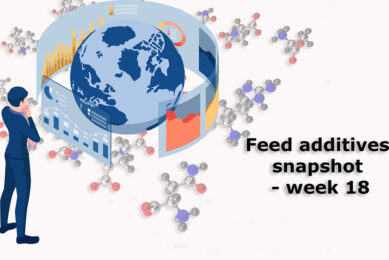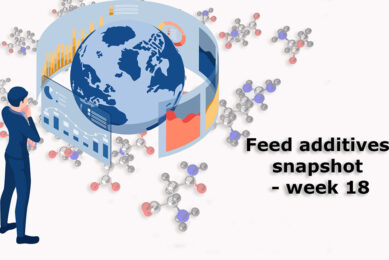Export tax angers Argentinean farmers
With soy production taking over massive tracks of land, producing food crops for domestic consumption has become an increasing challenge for Argentina. With world food prices soaring, soy critics worry about Argentina’s ability to feed its own people at affordable prices.
The debate over soy has riveted the country, and has proven to be a major
crisis for the first woman elected president of Argentina, Cristina Kirchner.
The president’s decision to increase the export tax on soy has been in the eye
of the storm.
The government implemented a tax on soy exports at a rate
of 45%, up from 35% in early March. Farmers became angry and went on
strike.
During the strike, millions of litres of milk were dumped and
millions of chicks were drowned for lack of chicken feed.
The strike has
had a significant impact on the prices on many goods like meat, chicken,
vegetables, and dairy products.
Consumers may have to pay high prices on
these products for months to come.
The strike may also have sparked
inflation, which was already rapidly rising. The government’s official inflation
rate is 10%, but independent analysts put the rate at 20%.
The strike had
almost entirely blocked food supplies from being delivered to Buenos Aires, the
nation’s capital. Farmers finally suspended the strike for 30 days in late March
to facilitate negotiations with the government.
In response to the
farmers’ strike, president Kirchner has vowed not to back down on the tax
hike.
The tax hike is hammering small farmers, who have had increased
costs in fertilizers and fuel. In an unusual pact, the large land owners allied
with small farmers during the farmers’ strike. These two sectors have
historically despised each other.
Soy destroys
In 2006,
Argentina produced more than 47 million tons of soy. Top soil erosion and
pollution caused from pesticides and fertilizers have been just some of the side
effects to soybean plantations which have expanded exponentially at a rate of
10% annually.
More than 550,000 acres of forest land are cleared each
year for soy production. The situation is so severe that the National Agro Tech
Institute studies predict that in 10 years 70% of Argentine land will become
desert.
Economists worry that mono-crop production like soy for
plant-based fuels and feed will cause food prices to soar in Argentina, where
food inflation continues to rise over 15% annually.
Alarm on food
costs
In Argentina, there is rising alarm over the cost of food and the
depleting supply of domestically produced food stuffs.
The production of
Argentina’s famous beef has plummeted in recent years. Many producers simply see
soy farming as more profitable and lucrative, especially as speculations over
global prices continue to increase due to the biofuels market.
Grain
production for biofuels could make the world wide price of food skyrocket 76% by
2020.
More than 90% of Argentina’s soy is exported. Argentines do not eat
soy, and as the production of meat, milk and vegetables continues to decline,
the likelihood of a major food crisis in Argentina grows.
For regular updates on feed news subscribe here
to our free newsletter










